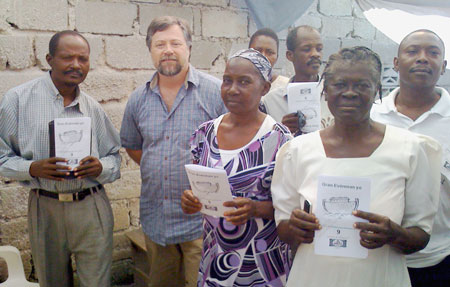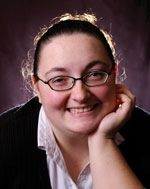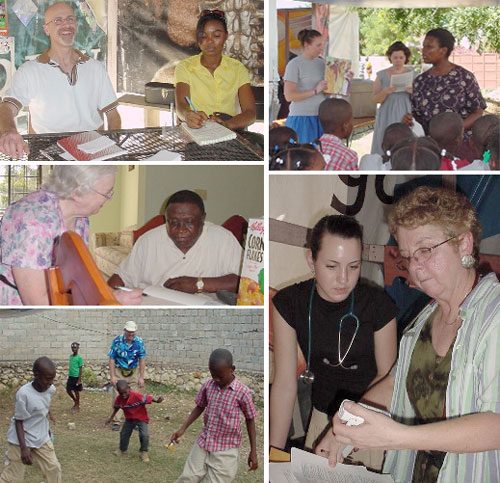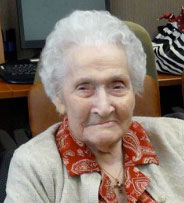January 22, 2009
|

Jeff Kline, Macau
A few months ago as we were looking for new direction here in Macau, we felt that God gave us our answer. Though we had never stepped into the doors at TIS, we felt God was directing in this direction by putting two youth in our church that attend there.
From that moment on, God continued to place people from TIS into our lives; two Christian teachers and a Christian Vice Principal! Then we realized we knew four other Christian kids from TIS and started conversations with them about starting a new outreach ministry at their school. All of them seemed to be excited and ready to reach their friends.
That’s when Saturday nights with TIS kids began. So for the past 3 months we have invited kids into our home. We have anywhere from 3-15 kids a week. So Saturday nights are a time to hang-out, play sports, eat and talk.
That is the first part of our new ministry. The second part is an on-campus ministry we hope to start in the near future. We plan to visit the school once a week to hold a Club, a one-hour event where we play ice-breaker games, talk about a teen-relevant topic, and share what God thinks about that topic.
From these two ministries comes the third: small groups.
The fourth part of this ministry is big events held with the help of Living Stone Church. And since five is one more than four, the fifth part is student leadership where we get together on Thursday mornings early to pray for and talk about ways to better tell their friends about Christ.
Through these five ministries to TIS kids, we hope to introduce them to a loving God who desires to have a personal relationship with them, connect them with other Christians in Macau, bring them into a local church, and show them just how good and life-changing a life with Jesus is!
Please pray for us as we start-up this new ministry. Please pray for the staff and administration at TIS. Please pray for the students at TIS.




 Today, we have nine national conferences.
Today, we have nine national conferences.